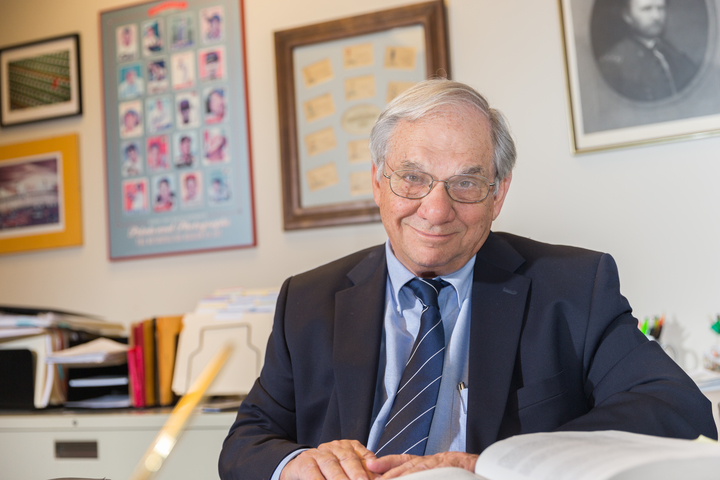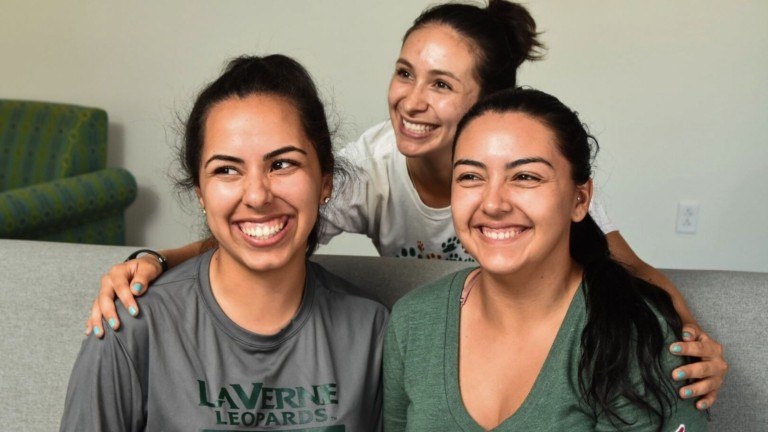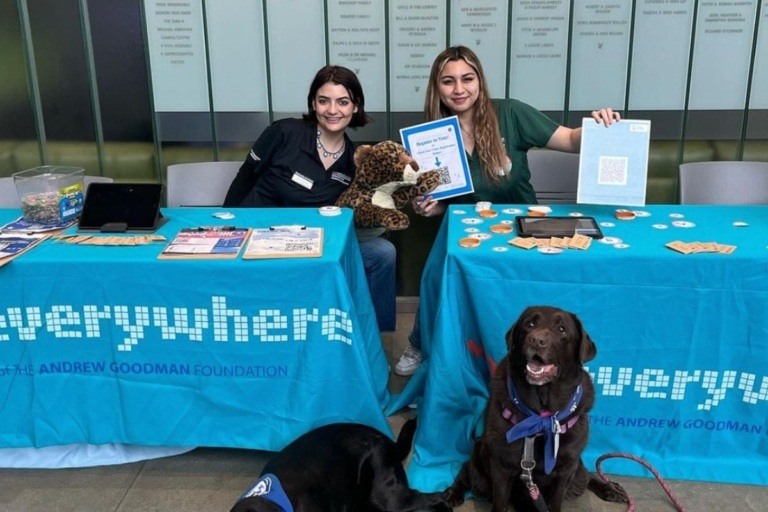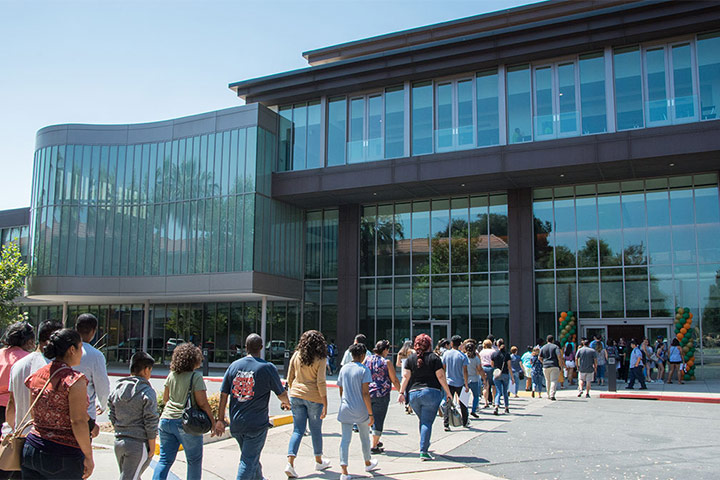Expert Opinion

Review the day’s top stories and you are likely to find key elements connecting to the American legal system. Whether it involves court decisions on same-sex marriage, voting rights legislation, public outrage over police use of deadly force, or the far-reaching impact of a big city bankruptcy, to fully comprehend most stories requires insight of the laws involved.
For the news media, the search for a qualified authority on legal issues is a familiar quest. While there are plenty of people with opinions seeking to be heard, tracking down someone with the requisite knowledge and experience – as well as a willingness to disregard Abraham Lincoln’s advice “better to remain silent and be thought a fool than to speak out and remove all doubt” – is a true challenge.
For more than 35 years, Charles Doskow has been a resource valued by the media. A professor at the University of La Verne College of Law since 1979, he also holds the title dean emeritus, having served five years as the law school’s dean. A Juris Doctor from Harvard Law School (1958) and Master of Laws from NYU Law School (1962) are highlights on his resume.
Doskow is most often asked to comment on issues involving constitutional law, a subject he began teaching at La Verne Law in the late 90s. He continues to teach both Constitutional Law and a more specialized course on First Amendment Law.
“I have always been interested in politics, and the political aspects (of constitutional law) are particularly interesting. And government and how it operates. And rights,” he said. “It is an inherently interesting subject.”
Doskow enjoys discussing the law. He has made guest appearances on local National Public Radio station KPCC in Pasadena, had several scholarly articles printed in publications across the country, and had more than 50 op-ed articles published in the Los Angeles Daily Journal, Southern California’s premiere legal newspaper.
Why does he do it? First and foremost is the College of Law. “I am always willing to get attention for the law school whenever I can,” Doskow explained. “The thing I always enjoyed about being on KPCC was the fact that (host) Larry Mantle always said ‘University of La Verne College of Law’ about six times each program.”
Beyond that is his affinity for encouraging public discussion. “I believe in openness; I do not believe in privacy in the law. Things should be open,” he said. “Secrecy is used to accomplish a lot of negative things.”
Doskow does not see himself as a crusader for justice. Shining the light of day onto an important issue is, he believes, the media’s job. But he knows the government often desires to minimize public attention. “We have a lot of sunshine laws now and open government laws. It makes it possible for us to fight the instinct of the government to keep things quiet,” he said.
A frequent topic Doskow speaks to is professional responsibility in the legal profession. Not, he is quick to point out, to be confused with legal ethics.
“Ethics are about philosophy. Professional responsibility is about the rules that govern the legal profession,” he said. “They are, by definition, ethical rules.”
No matter the subject, Doskow does not look to push a personal agenda. “I tend to write down the middle. I tend not to get nasty letters from people because I do not seek to go against their opinions – although I do get some (letters) once in a while,” he said. “I am interested in laying a problem out and pointing out the examples and so on, which is not really characteristic of me because I am pretty much a partisan person.”
He still enjoys teaching and has no plans to retire. “I do not see anything in it for me that I would enjoy more than what I do now,” said Doskow, who intends to continue speaking with the press when they call.
He has, however, one personal goal.
“I have made a vow of spending less time sitting and listening to people talk on subjects that don’t interest me at events I have no part in,” Doskow said with a wry smile. “When someone asks how I am doing with that, my response is ‘not well.’”


